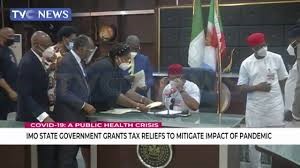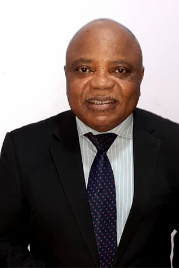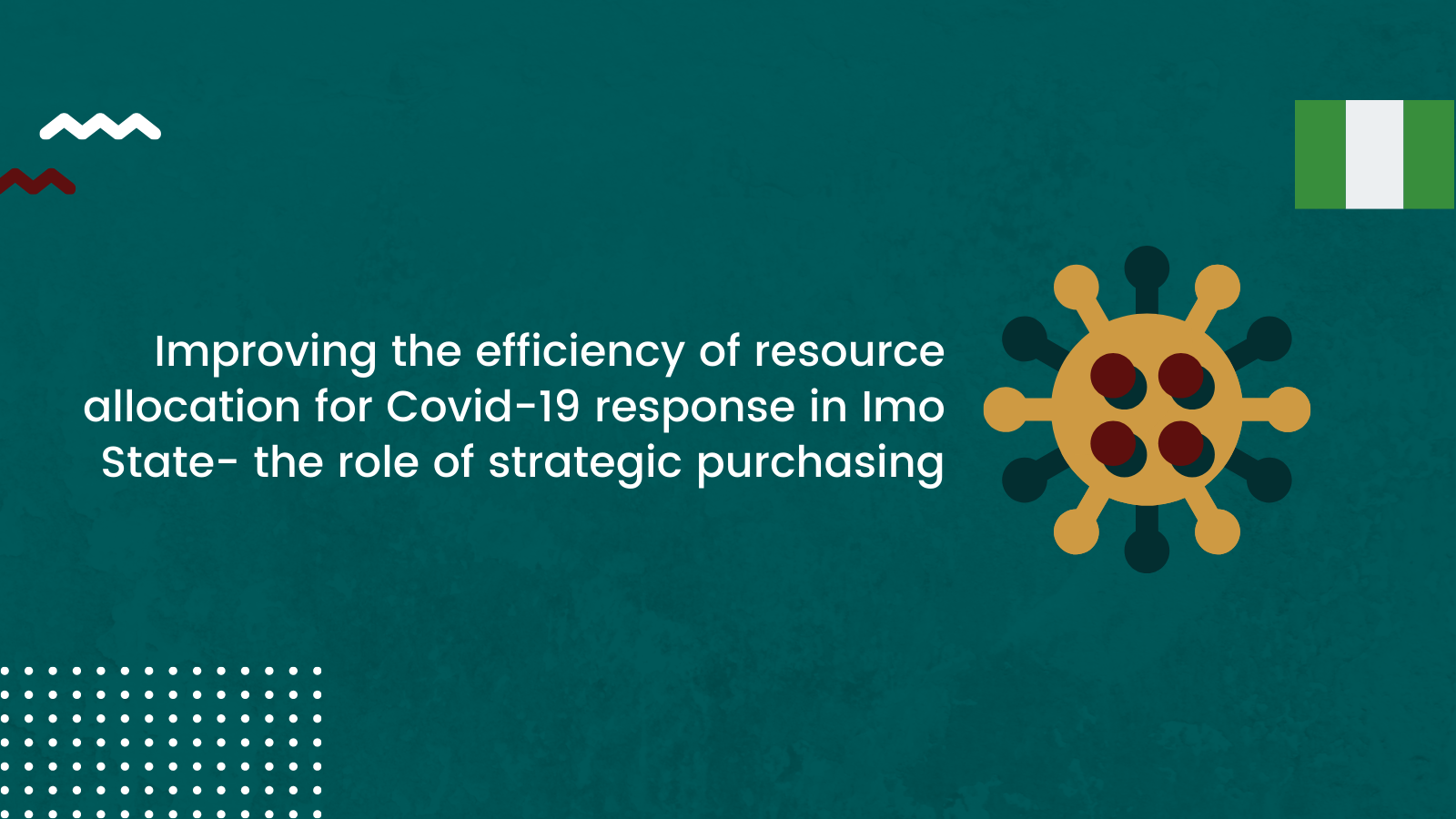Introduction
The Covid-19 pandemic has resulted in wide scale social and economic implications and has had a huge impact on people’s lives, families and communities [1]. In response to the Covid-19 pandemic, countries have reconfigured their systems to provide required services to contain the pandemic, deploying preventive equipment, testing services, intensive care units (ICU) beds, health commodities, and home care services. Meanwhile, countries also face the challenge of sustaining healthcare services for other health conditions. However, the major challenge remains the increase in healthcare costs above previously planned budgets, beyond what the health system can absorb.
Governments are therefore compelled to reprioritize and reallocate additional funds to respond to the urgent health needs of the pandemic [2]. The urgency and uncertainties impact health system processes, causing disruptions in essential services, provision of essential health commodities and crowding out other essential services [3]. Reliable evidence is needed to optimize decision processes and use limited resources optimally through strategic health purchasing (SHP) [2]
The role of Strategic Purchasing for healthcare
Purchasing entails the transfer of pooled resources to providers and it is considered strategic when evidence is used to make decisions on what to purchase, from whom to purchaser and how to purchase and linking these decisions to the delivery of quality, efficient and equitable health services. When purchasers are strategic, they increase their leverage to facilitate the effectiveness and efficiency of resource allocation. This blog examines Imo state’s response to the Covid-19 pandemic and the effectiveness of the state’s resource allocation.
Covide-19 Outbreak in Imo State
Imo state reported its first confirmed Covid-19 case on April 25, 2020 (NCDC, 2020). The state government established the Imo State Task Force Committee on Covid-19, responsible for managing and enforcing Covid-19 protocols put in place by the state government. The Committee was divided into seven sub-committees with specific terms of reference to ensure effective delivery of response measures. The state Ministry of Health (SMOH) is solely responsible for procurement of all medicines, critical medical supplies and equipment used for combating Covid-19.
The state designated the Federal Medical Center Owerri for testing services as well as a Mobile Testing Laboratory. The Imo State University Teaching Hospital (IMSUTH) was designated for isolation and treatment. In addition, a sample collection center was established in each of the 27 local government authorities (LGAs) of the state.

Resource mobilization for Covid-19 Control
The state government budget provided initial funding for measures put in place for control of Covid-19 in the state such as setting up the committees and procurement of relevant testing materials, commodities and protective equipment. Given the limited state government funds and huge demand of the pandemic, the state government also relied on the federal government’s Covid-19 support, corporations and private sources which came in the form of monetary donations, commodities, equipment and technical support.
However, the high burden of the pandemic and insufficient financing has resulted in a greater need for financial and material support to ensure effective containment of the pandemic.
Challenges to Covid-19 Response
The Covid-19 outbreak presented a major challenge to Imo state given the state of the health care system characterized by limited funding, poor infrastructure and passive healthcare purchasing practices. These characteristics represent major barriers to strategic purchasing in the system, limiting effective control of the pandemic in the state. Hence identified challenges affecting effective implementation of control measures include:
- Lack of funding
- Inadequate and poorly equipped facilities, laboratories and lack of supplies
- Inadequate and poorly motivated staff
- Lack of a reference laboratory
- Lack of field vehicles
- Poor attitude of Imo Citizens towards Covid-19 transmission
Appropriate identification and allocation of resources towards these areas of need is critical to achieving the effective control of the Covid-19 pandemic in the state.
Recommendations for improving the Efficiency of Covid-19 Control in Imo State through strategic purchasing arrangements
In recognition of the challenges of Imo state healthcare system in Covid-19 control, this blog makes recommendations on how strategic purchasing can be adopted to improve effectiveness of resource allocation decisions to enhance the efficiency of service delivery for Covid-19 and future pandemics in Imo state. These purchasing arrangements are structured in ways that promote health system goals.
- Strengthen governance system to accelerate decision making processes.
The Task Force was an important first step in establishing a governance structure for strategic purchasing for an effective response to the pandemic. The success of SHP relies on a strong governance system which sets clear roles and responsibilities for responding to the pandemic, putting in place purchasing arrangements and frameworks that align with service delivery objectives. Strong governance is critical to achieving SHP through the promotion of transparency and accountability for resource utilization and effective monitoring to improve performance.
- Expand mobilization of adequate public funds to respond to the pandemic. The huge demands of the pandemic required urgent re-prioritization and mobilization of sufficient funding to ensure effective delivery of COVID-19 services [2]. Resources should be appropriately disbursed to areas of needs for service delivery. It is important that barriers to rapid budget allocation and execution be removed. Provision for additional payments to health facilities should be made given the additional workload. Efforts should be made to expand funding sources, leveraging private and external sources for support.
- Put in place effective management information and surveillance system, to effectively track the disease, monitor progress, identify needs, and make appropriate and effective decision making processes in resource allocation for the success of pandemic control.
- Clarify the healthcare needs of Covid-19 patients and the residents to ensure the benefit packages provide adequate coverage. This would require adjustments for the list of services, related treatments and diagnostics [2]. The citizens need to be informed of these entitlements. To ensure financial access to these services and given the economic burden of the pandemic on the population, user fees/payments for these services should be suspended to enable patients’ access care at health facilities [2].
- Identify, select and engage healthcare facilities and providers for relevant services. Having clarified the services to be provided to Covid-19 patients, it is essential that competent healthcare providers and facilities are engaged and well equipped with required materials and equipment. Rules of engagement should be clearly stated to include what services are to be provided, and how payments are to be made. Given their spread across the state, private providers may also be engaged based on contracting protocols and public financial management rules may be adjusted for public providers [2].
- Adjust payment methods and rates to new service delivery arrangements
Payment of healthcare providers including health facilities should be on output-basis using the fee-for-service and case-based methods, to ensure that providers are more accountable and efficient in resource allocation. The high turnover rates and increased costs of service equipment and commodities during this period require that adequate funding and regular payments be made to providers and the hospitals to enhance accountability and efficiency in resource allocation. Health facilities should be empowered to use the funds in a flexible way to adjust for changing healthcare needs of the pandemic [2]. Adjustment of the fee-for-service payment for health facilities to advance payment may be necessary based on anticipated claims. Special bonus payment to health workers is recommended to motivate and reward them for dedication to duty in high-risk environment during this period.
Conclusion
The state of healthcare financing in Imo state which is mostly regressive and characterized by perennial poor health care budgets requires that strategic purchasing mechanisms be urgently adopted in controlling the Covid-19 pandemic to ensure efficiency of resource allocation in the implementation of control measures for guaranteed success. The mechanism will similarly be effective for non-Covid-19 health services and future pandemics.
References
- Pwc, Nigeria. Responding to the business impacts of coronavirus (COVID-19) June 2020https://www.pwc.com/ng/en/covid-19.html
- World Health Organization, “WHO Director-General’s opening remarks at the media briefing on COVID-19 – 11 March 2020,” https://www.who.int/dg/speeches/detail/who-director-general-s-opening-remarks-at-the-media-briefing-on-covid-19—11-march-2020.
- Eberoime E(2020). Strategic Purchasing Amidst Uncertainties: How Can Evidence Be Harnessed To Support COVID-19 Response In Africa?
- BusinessDayhttps://businessday.ng/coronavirus/article/imo-state-activates-health-platforms-against-coronavirus-disease/ 28 Feb. 2020
Authors profile

Dr. Charles Ezenduka is a senior lecturer in the Department of Health Administration & Management College of Medicine, University of Nigeria, Enugu campus.

Eric Obikeze holds M.Sc in Economics, M.Sc in Health Policy, Planning and Financing and PhD in Health Economics. He is a lecturer in the Department of Health Administration and Management and aResearch Associate with Health Policy Research Group both in the College of Medicine, University of Nigeria, Enugu Campus. His specializes in economic evaluation, health financing and equity analysis.

Benjamin S.C. Uzochukwu is a Public Health Physician at the University of Nigeria Teaching Hospital Enugu and Professor of Public Health, Health Policy and Systems, University of Nigeria, Nsukka where he was the founding Director of the Institute of Public Health. He is the National President of the Association of Public Health Physicians of Nigeria (APHPN), Director of Grants and Research West African College of Physicians (WACP) and member of the Ministerial Expert Advisory Committee on COVID-19 Health Sector Response (MEACoC).

Obinna Onwujekwe is a Professor of Health Economics, Systems and Policy, and the Director of the Directorate for Research in University of Nigeria, Nsukka. He is the founder and Director of the Health Policy Research Group, which is a renowned and reputable research organization. He has led the development of many health policies in Nigeria, including the National Health Policy (2016) and the National Health Financing Policy (2016). He has served on the scientific and advisory boards of the African and International Health Economics Associations, and is the foundation president of the Nigeria Health Economics Association. He currently chairs the Health Technology Assessment and Logistics subcommittee of the Ministerial Expert Advisory Committee on COVID-19 Health Sector Response (MEACoC). He is a Fellow of the Nigerian Academy of Science.

